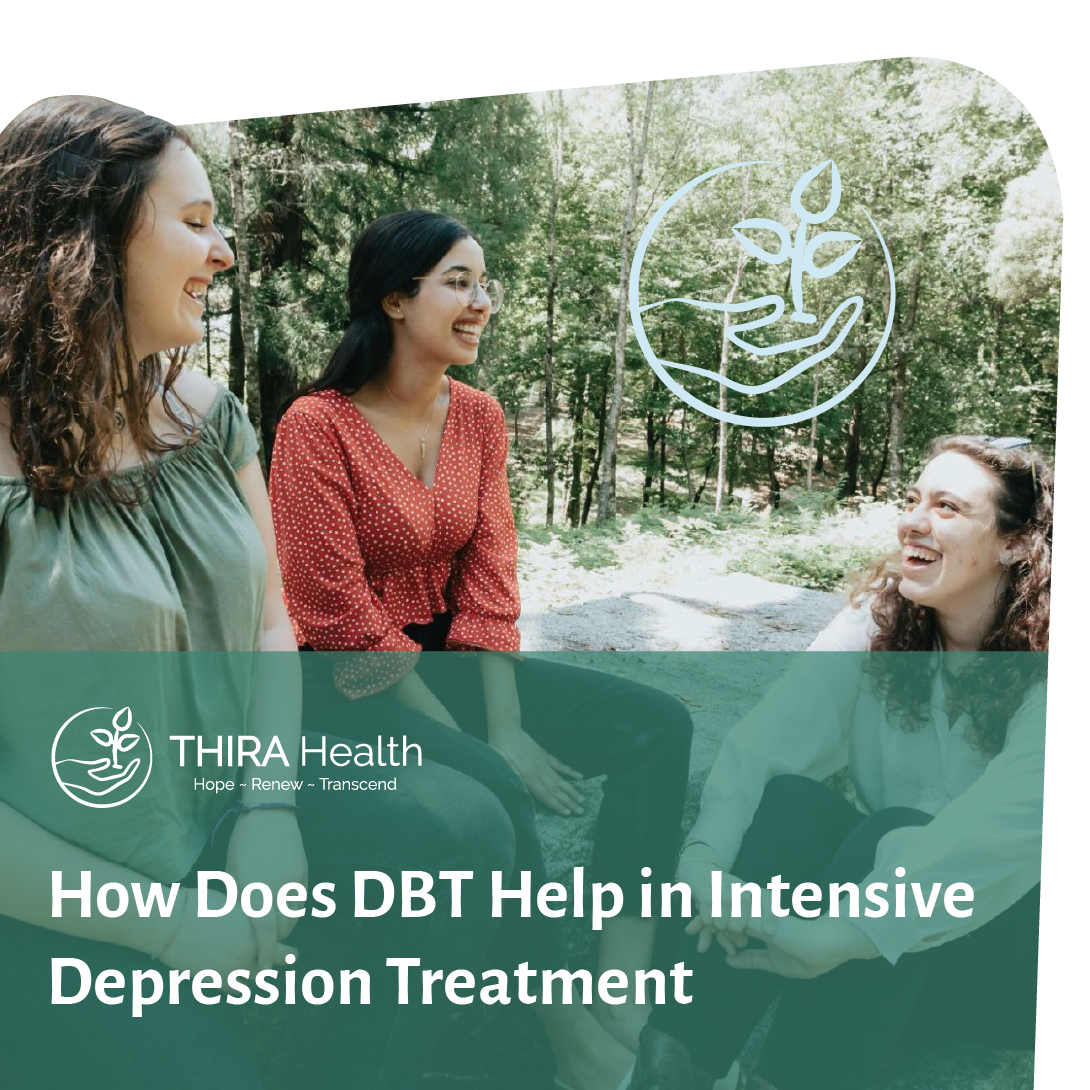 When is your life worth living? What makes it that way? I could ask you a million questions to suss out a set of answers to sell you tools, but the truth of it is so much smaller—and so much more massive.
When is your life worth living? What makes it that way? I could ask you a million questions to suss out a set of answers to sell you tools, but the truth of it is so much smaller—and so much more massive.
If you died tomorrow, how would you feel about the life you’re living today?
It’s not about whether you’ve succeeded, or even how many things you’ve ticked off that bucket list. There is no one scoring your relationship performance or the hours you log in DBT therapy to make this determination. What determines a life well-lived is how you’re feeling about the life you have in its whole—healing from what’s hurt, remembering what helped you heal, and embracing the possibility of what could be.
We have a list to help you get started on creating your life worth living. It’s only two steps long.
STEP 1: FIGURE OUT WHAT’S WORTH LIVING FOR.
STEP 2: DO THAT.
This list is simplistic, but it’s also encompassing. When you consider the things worth living for, you must also consider what’s worth suffering for, celebrating for, and, ultimately, what is or isn’t worth dying for. Mark Manson’s limiting beliefs concept is a good one to apply toward doing exactly that.
This process can be grueling, particularly since knowing ourselves is often pictured as this beautiful journey of enlightenment. In reality, it is a heavy and often difficult undertaking.
When you attempt to overcome your limits, you’ll make three considerations in unpeeling the layers of yourself to reach toward what matters most to you: what you do, what you feel, and what you can’t see.
Being self-aware is great, and important part of one’s emotional journey toward self-improvement (you can’t improve what you’re not aware of), but it’s not the end. You can be self-aware and still unhappy, still unfulfilled.
When you journey beyond self-awareness, here are some of the emotions you may experience on your path toward a life worth living:
- Grief
- Anger
- Denial
- Surprise
- Confusion
- Wonder
Emotion is a spectrum, and recognizing what’s valuable to you may mean more than one foray into grasping difficult concepts and revelations about yourself. Your first reaction to grappling with these uncomfortable emotions may be simply to resist them. They’re too hard, too uncomfortable. You don’t like how they make you feel. .
Here at THIRA Health, no one goes alone into this struggle. We want to help you develop the tools that enable you to feel capable of embracing your truth right into a life well-lived.
Be prepared for accountability (and the way it feels)
Introspection is a particularly grave undertaking in uncovering the potential of a well-lived life. To effectively determine what matters to you, or what makes something worthwhile, it will mean taking an honest look at what just doesn’t matter, like a closet overgrown with old unworn clothes. After that, you’ll need to be accountable in changing it.
 Do those ideas of happiness that someone else projected onto you actually make you feel fulfilled? Does the college degree you earned feel authentically valuable to you? What about the work you do or the company you keep? Your car, your house?
Do those ideas of happiness that someone else projected onto you actually make you feel fulfilled? Does the college degree you earned feel authentically valuable to you? What about the work you do or the company you keep? Your car, your house?
Even the small things like how you relax or the tea you prefer—these can all be things silently stagnating the meter on what life worth living means for you. Get ready to be uncomfortable as you hold yourself accountable for the honest way you feel about each facet you examine. But that discomfort is okay. It’s the only path toward lasting change.
Don’t let a fear of change keep you from it
The plot twist in reaching your life goals is kind of a brutal one: once you realize what it is you need for your life to be worth living, you’ll have to make changes to get it. And change? It’s hard.
Change asks you to look at the things you know but aren’t working for you (even though they may still bring you comfort and a sense of stability) and then reject them in favor of uncertainty that you hope will pay off. It’s normal to be concerned by the idea of change, but don’t let that fear prevent you from trying. Reach for the tools you need to make it bearable, or create the safety net that will allow you to move forward. THIRA Health can help you with these efforts to keep them from being overwhelming.
Accept that you deserve the happiness you want
When you look at your whole self with acceptance instead of shame, you give yourself the gift of recognizing the truths you need as well as the tools that don’t serve you. Your fundamental truth, right here and now, is that you deserve the life you long to create. Through Dialectical Behavior Therapy (DBT), you can give yourself that gift. It won’t be easy, but it will be liberating.
 Knowing yourself below the platitudes of expectation is a special kind of messy. It’s difficult to look into yourself at the broken places and pain that never healed.
Knowing yourself below the platitudes of expectation is a special kind of messy. It’s difficult to look into yourself at the broken places and pain that never healed.
DBT can be a particularly useful tool in unraveling the knots of expectation, habit, and trauma to allow for acceptance. Whether or not you choose to embrace the support of DBT therapy and THIRA’s Partial Hospitalization or Intensive Outpatient options to guide you through the tougher terrain of your psychological landscape, this work will undoubtedly change you for the better.






